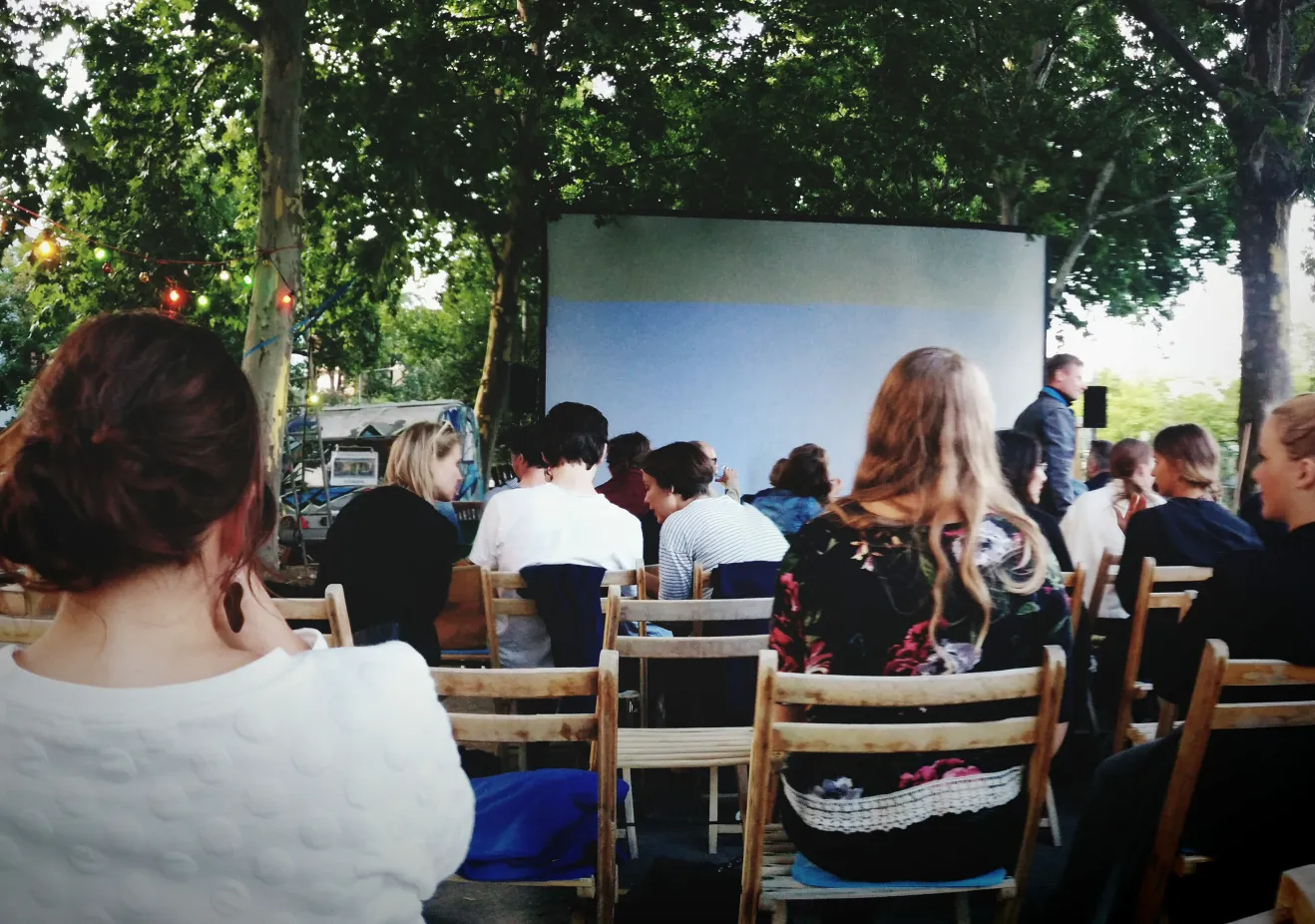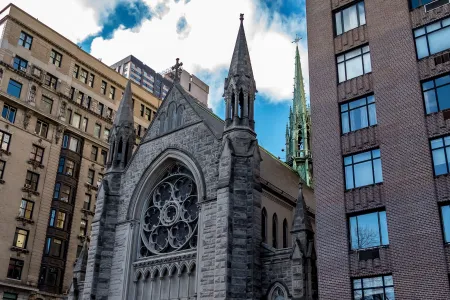
Professional Pipelines
This project will enable current doctoral students to complete paid internships outside of the academy to better understand and prepare for leadership in the emerging spiritual infrastructure.
We will partner with the American Council of Learned Societies to run two national competitions that enable early stage doctoral students to complete internships in positions related to the emerging spiritual infrastructure outside of the academy. Applications for the first round of this competition are now open and will be accepted until January 14, 2026.
Previous ACLS programs, including the Public Fellows and Leading Edge programs, which placed recent PhD students in non-profit organizations for two years, were highly successful. We take up these programs’ premise that graduate students with training in humanistic and social scientific approaches to religion have the unique ability to solve problems for, and enhance the mission of, related efforts in foundations, non-profit organizations and other settings outside of the academy.
The core questions that guide the Professional Pipeline arm of this project are as follows:
- How do we prepare students – especially doctoral students – to be religious leaders of the future in various nodes of the spiritual infrastructure of the future?
- How do we ensure that students already in the training pipeline receive the mentorship and professional experiences outside of the academy to match what they are already receiving in the pipeline to do the leadership work that will be needed in the future?
- How do we build relationships between the leaders of the spiritual infrastructure now and of the future to best facilitate continued collaborative learning and understanding?
This page will be updated as the internship application and selection process develops.
The first round of ACLS Graduate Internships on the Spiritual Infrastructure of the Future is now open. Applications are due January 14, 2026. Additional information about the program, including an information session scheduled for December 8, 2025, is available here.
More about our Approach

Research
Our research will examine congregational closures (endings), spiritual innovation (beginnings), and the changing shape of religious leadership in the United States... learn more.

Public-Facing Programming
This project will expand public knowledge about the religious and spiritual landscapes by sharing its findings through legacy and new medium including traditional news... learn more.

Professional Pipelines
This project will enable current doctoral students to complete paid internships outside of the academy to better understand and prepare for leadership in the emerging spiritual infrastructure... learn more.
In the News
ACLE Graduate Internships
November 3, 2025, ACLS.org - American Council of Learned Societies now accepting applications to create a pipeline of new leaders knowledgeable about the rapidly changing American religious landscape... Read the article.

Spiritual Infrastructure of the Future
How are religious and spiritual changes happening in the United States today? What are the institutions through which spirituality, religion and broader approaches to meaning making are and will continue to be taught, learned and passed across generations?